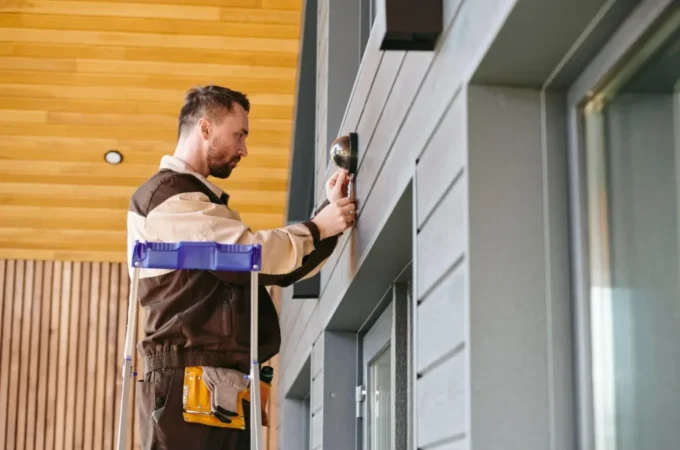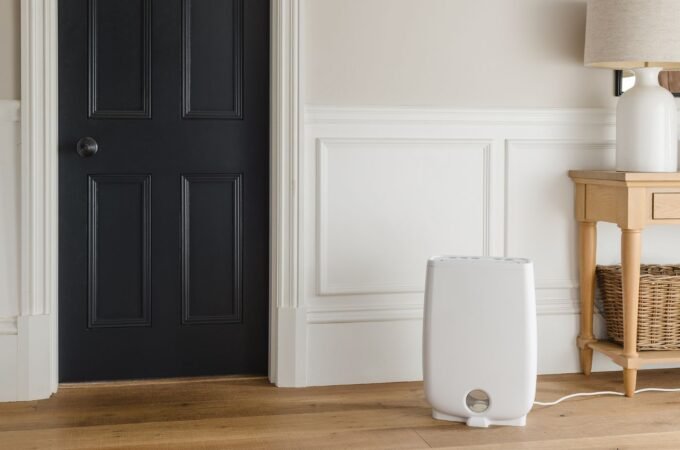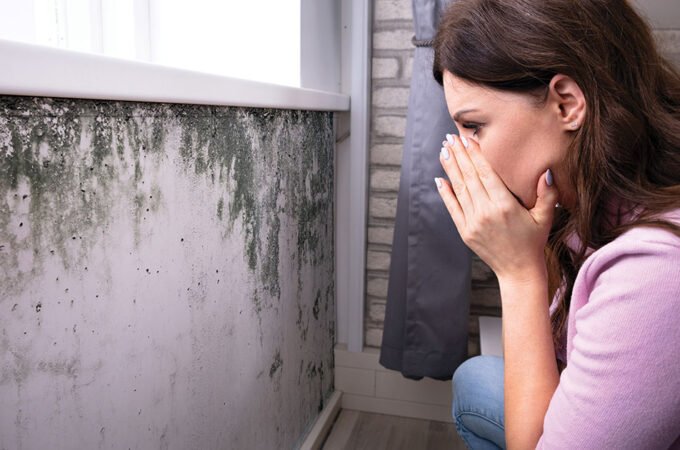
Navigating Common Issues: Troubleshooting and Repair Tips for Water Heater Efficiency
Water heaters are considered vital appliances in our everyday lives since they supply hot water for various everyday requirements. But just like any other electric equipment, water heaters can experience various problems that can eventually be problematic for you.
In-depth troubleshooting and repair suggestions are included in this article, which explores frequent issues that water heaters face and helps homeowners maintain optimal efficiency in these challenges.
Table of Contents
ToggleInadequate Hot Water Supply
A typical problem is insufficient hot water delivery, which a defective dip tube, silt accumulation, or an undersized heater can cause. To solve this, homeowners could consider replacing the dip tube with a better hot water source by water heater repair Seattle, upgrading to a larger heater, or doing a complete cleansing to remove sediment.
Strange Noises
There is reason to get alert when strange noises come from the water heater. The main culprits can be a faulty part, a loose heating element, or sediment buildup. Reduce this problem by emptying the tank to remove silt, carefully tightening any loose parts, or taking the preventative route and replacing any possibly broken heating element.
Leaking Water Heater
Weak connections might cause a leaky water heater, a malfunctioning pressure release valve, or rust. It is a major problem that has to be fixed right away. Comprehensive repair includes:
- Locating the leak’s source.
- Tightening all connections.
- Changing the pressure relief valve.
- Consider a replacement if significant corrosion is found.
Rusty or Discolored Water
Water that appears rusty or discolored indicates that the tank may be corroded. To resolve this problem, homeowners must start a thorough tank emptying procedure to remove sediment. A proactive way to prevent additional corrosion and preserve water quality is to install a sacrificial anode rod.
Low Water Pressure
One recurring issue is low water pressure, which might be caused by silt accumulation, a partially closed valve, or a defective dip tube. To fix this, you must flush the system thoroughly to get rid of dirt, make sure all the valves are fully open to maximize water flow and replace the dip tube if needed to maintain higher water pressure.
Fluctuating Water Temperature
Variations in water temperature are frequently signs of problems with the thermostat or a mixing valve. Recalibrating or replacing the thermostat is an effective way to restore control over the water temperature during troubleshooting. At the same time, homeowners should look for any flaws in the mixing valve and fix them immediately to maintain a steady and even water temperature.
Foul Odor in Hot Water
Bad smells in hot water indicate the presence of bacteria growing inside the tank. Homeowners should start a full tank flushing procedure and use hydrogen peroxide to disinfect the system to resolve this problem completely. Preventative measures guarantee that the bad odor is eliminated and water hygiene is upheld.
High Energy Bills
Older water heaters or inefficient performance are common causes of high energy bills. Improving efficiency requires taking preventative measures like insulating the tank, adjusting the thermostat to the ideal setting, and considering a switch to a more energy-efficient model to save money over time.
Pressure Relief Valve Issues
Issues with the pressure release valve can arise due to high pressure or a faulty valve. Inspecting and replacing the pressure relief valve as needed is essential to a comprehensive troubleshooting procedure. To maintain the system’s integrity and promptly address potential issues, homeowners should establish a regular schedule for monitoring water pressure.
Water Heater Age
The efficiency of a water heater is greatly influenced by its age. As components age, they can become less efficient, so homeowners should consider replacing units over 10-15 years old. This decision guarantees long-term efficiency and performance.
Gas Water Heater Specifics
Some issues, like intermittent gas supply or problems with the pilot light, can affect the efficiency of gas water heaters. Ensuring the pilot light is checked thoroughly, confirming a consistent and suitable gas supply, and, if necessary, reaching out to a professional are all steps involved in troubleshooting. Addressing certain issues unique to gas is necessary to maintain the overall effectiveness and security of the water heating system.
Conclusion
To keep your water heater running smoothly and lasting long, it’s important to be proactive and perform regular maintenance. By following these straightforward suggestions, homeowners can ensure a constant hot water supply in their homes without the burden of costly repairs.






